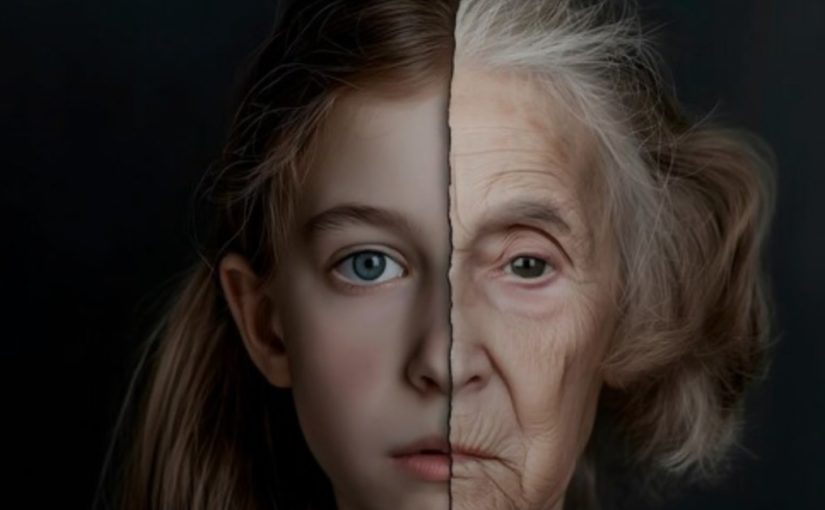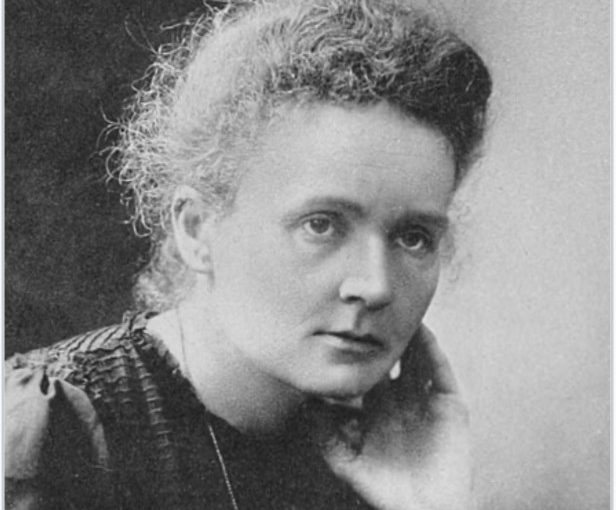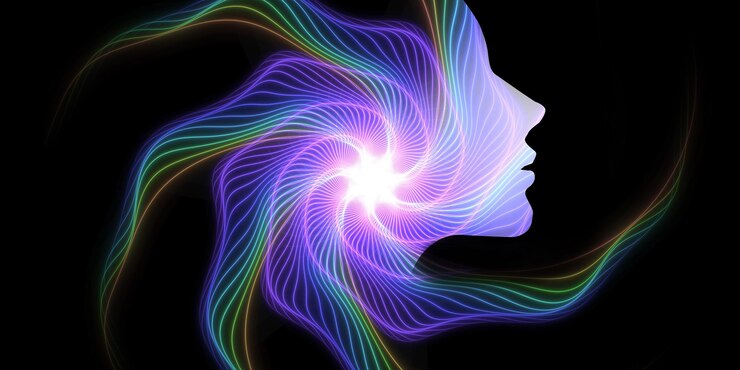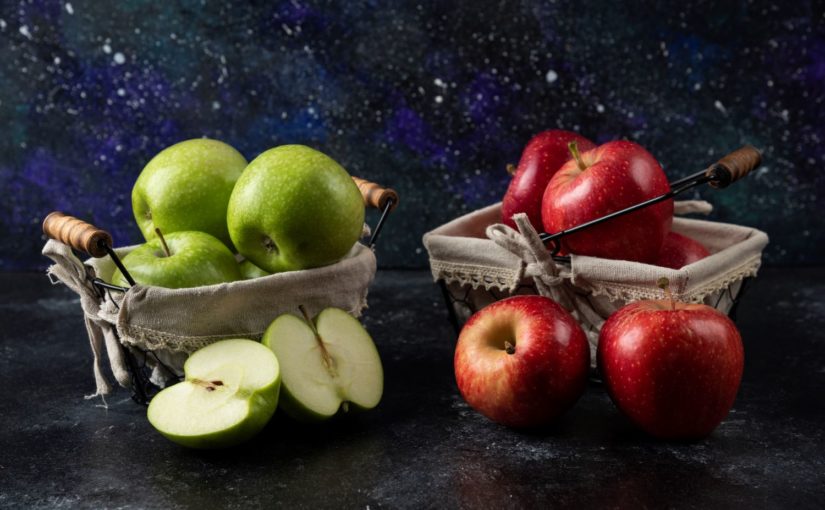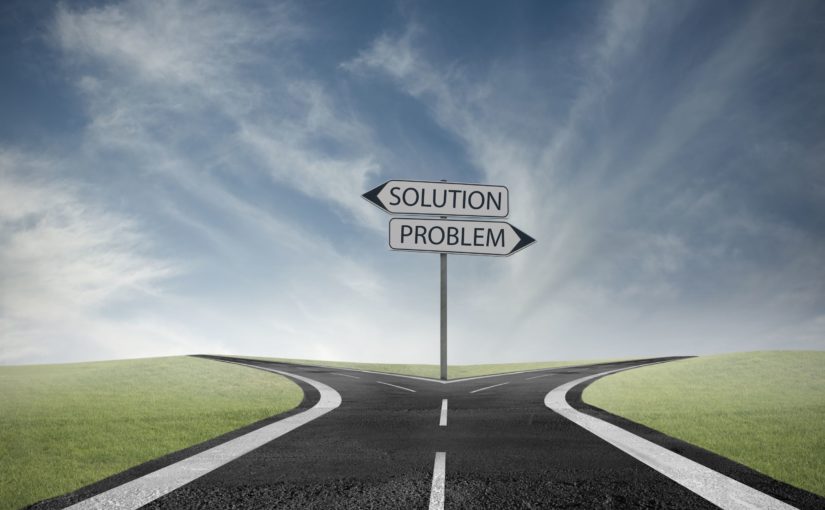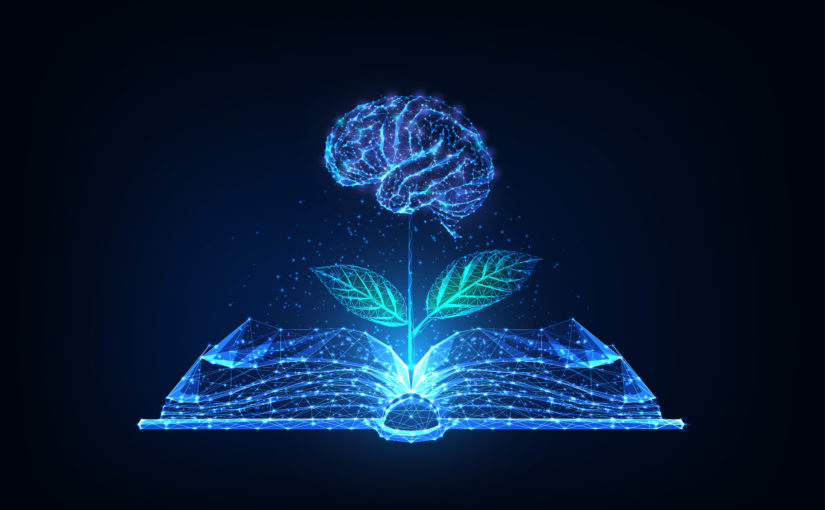The quote of the week comes from Swami Sivananda and reads as follows: “Everyone has different personalities that come to the fore like actors in different situations.”
Personalities that we show are context bound. This includes the four dimensions, mentioned by Lutz von Rosenstiel, to show a special behavior. The four levels are:
1. „Can I show the behavior“, i.e. have I acquired the skills to do so in the first place.
2. „Am I allowed to show the behavior“, i.e. which norms and rules prohibit or allow me to show certain behaviors
3. „Do I want to show the behavior“, we can decide not to show a certain behavior for good reasons, because e.g. we expect more work as a result of the changed behavior.
4. „If I have the opportunity to show the behavior“, i.e. if I am very good at moderating, I may never be allowed to take on the role. For this reason alone, we can act differently in different contexts.
Another reason is whether we feel accepted and respected in the situation. We recognize this very quickly through micro-facial expressions, eye contact, tone of voice and open or defensive gestures. Only when the autonomic nervous system calms down, we can act freely and authentically and not just reacting. This means that the atmosphere we create in a situation also determines the outcome.
A final third reason for these changed personalities lies in the past experiences and events that we have lived through. They lie in the subconscious and return to the conscious mind via emotions and feelings. Reactions based on past experiences that were successful at the time are always the first to be consulted by the brain as soon as similar situations arise. The feelings or emotions show us the way to the seemingly safe reaction we have learned. In the process, our own development and changes in personality are not “consulted”. This means that some reactions no longer fit, but still break through again and again and change the personality.
Yes, we have different forms of personality within us, depending on the situation and role. Something always emerges that belongs to the personality of the individual, sometimes it fits more with the past self, and sometimes it fits better with the present self.
